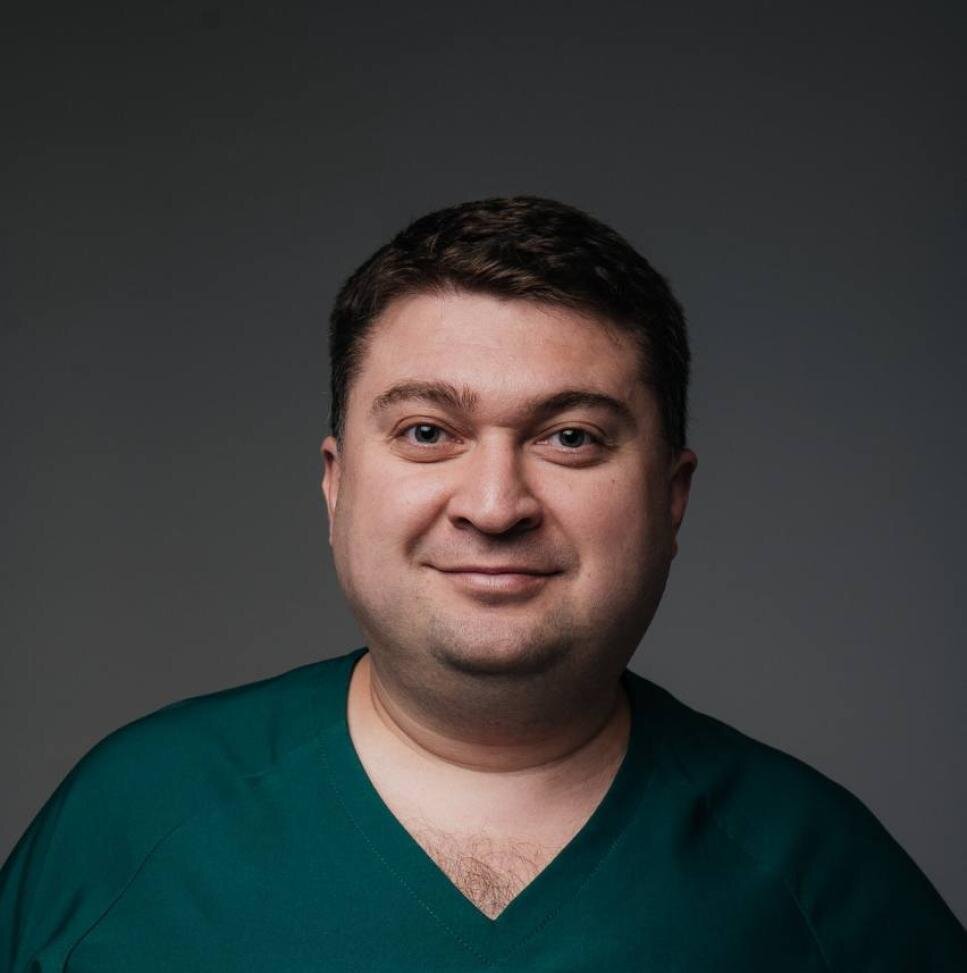Minimally invasive surgery is a modern method of surgical interventions characterised by minimal tissue trauma. This approach allows complex operations to be performed through several small incisions, usually 0.5 to 1.5 cm long, which significantly reduces the rehabilitation period and the risk of complications for the patient.

The main instruments used in laparoscopic surgery include a laparoscope (a thin tube with a video camera), as well as special surgical instruments that are inserted through small incisions. The camera transmits the image of the internal organs to the screen, allowing the surgeon to see the surgical field with high accuracy and detail.
Laparoscopic surgery is used to treat many conditions, including appendicitis, cholecystitis, gynaecological problems, hernias, and even some cancers. This technology is constantly improving, expanding the range of surgical options.
Although laparoscopic surgery has many advantages, it requires high skill and experience of the surgeon. Patients should carefully discuss all the possible risks and benefits with their doctor to make an informed decision about the surgery.
In summary, laparoscopic surgery is an important step forward in surgery, offering a safer and more comfortable option for many patients who need surgery.





